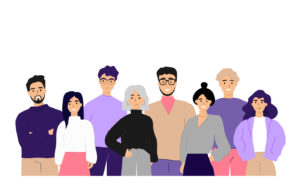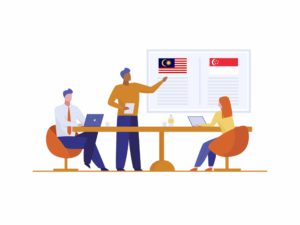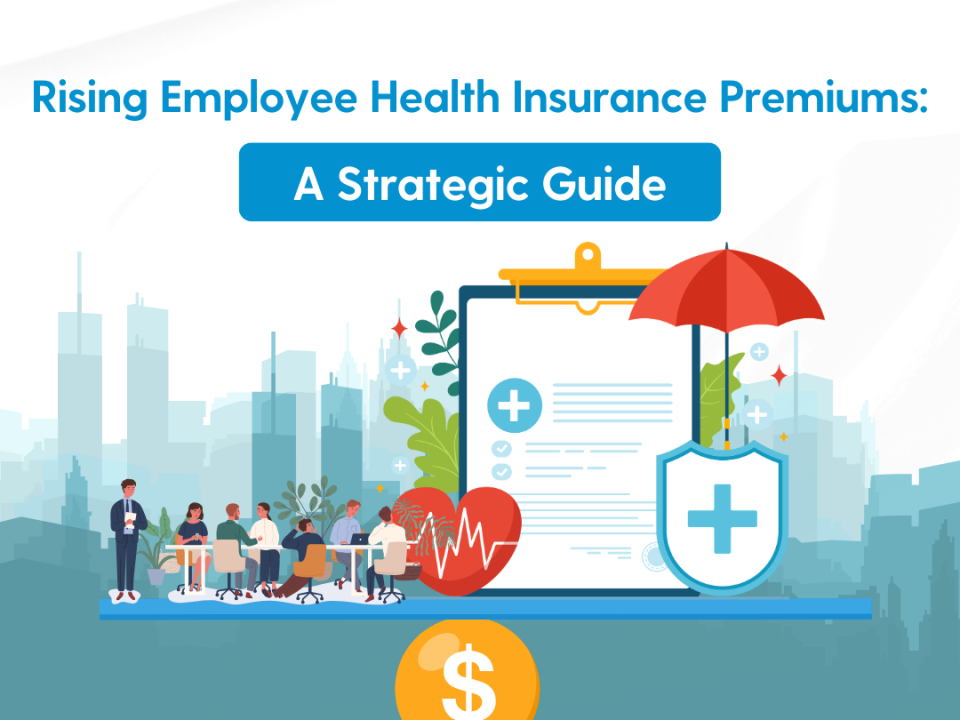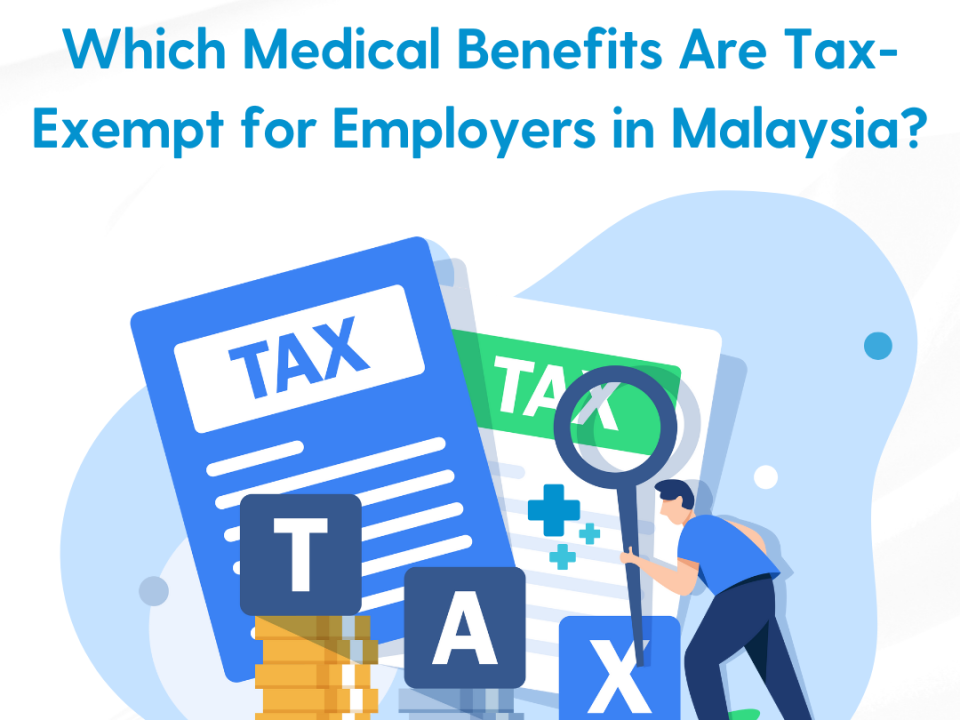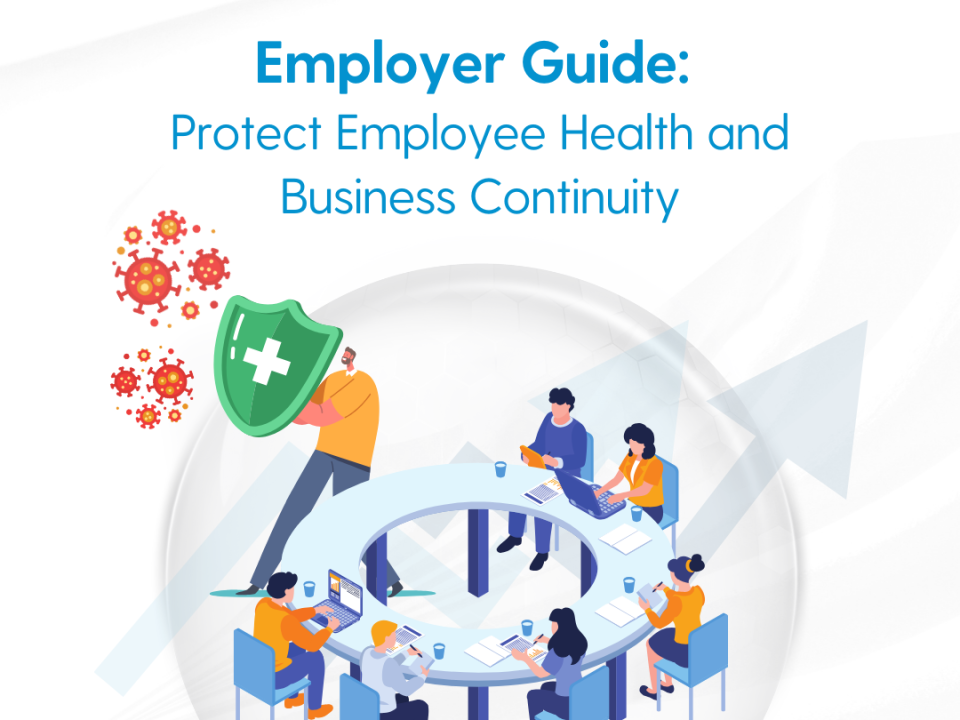
5 steps to implement flexi benefits — what it is and why it matters
July 25, 2022
HR’s biggest challenge – Shaping the future of workforce
October 4, 2022How to attract and retain employees – the complete guide
Attract & Retain
How to attract and retain employees - the complete guide
October 3, 2022

The Millennial and Gen Z generations are now the largest in the workforce and come with their own expectations and preferences. To attract and retain employees, employers need to understand what drives them.
This guide will explore the following:

What is employee retention?
Employee retention is about keeping your employees happy and engaged so that they stay with your company. This can be accomplished through various methods, such as offering competitive salaries and benefits, providing opportunities for professional development, and creating a positive work-life balance.

What are the top concerns among Gen Zs and Millennials
Concern #1: Cost of Living
The fall of the pandemic opened the curtains for the rising cost of living. Food shortages, rising price of essential goods, and looming economic recession contribute to Gen Zs and millennials top concerns: cost of living.
To address their financial concerns, Gen Zs and millennials are actively exploring new working models to widen their income. Some have taken on either a part- or full-time paying job on top of their primary job.
The rising cost of living is one of the reasons why Gen Zs and millennials prefer hybrid or remote work. They want to save money commuting, work clothes, parking, and tolls. For those who are on fully remote work, some of them have relocated to less expensive cities.
Concern #2: Climate Change
More than 70% of Gen Zs and millennials agree that the world is at a tipping point in responding to climate change, and the future can go either way. It's not just them; 79% of executives also feel the same way.
Gen Zs and millennials believe businesses need to do more to fight climate change. Only 15% agree that companies are taking significant actions. This shows there is clearly room for improvement.
So, instead of relying on businesses, the Gen Zs and millennials decided to take things into their own hands. Nine in ten are doing their part actively to protect the environment. They're focused on small everyday actions like buying second-hand clothes, using recycled bags, eating with reusable containers and cutleries, or sourcing locally produced food.
While financial constraints make it more difficult for them to invest in expensive items such as solar panels or electric vehicles, they play on making these purchases when they can afford them.
What's interesting is that employers who listen and act on Gen Zs and millennials' feedback on climate change also see better retention of employees. This suggests that there is a benefit for employers to listen and act.
Concern #3: Mental Health
While both generations have high stress and anxiety, Gen Z seems to take the hit harder. 46% of Gen Zs say they are stressed or anxious all or most of the time.
What are they stressed about?
Burnout seems to be very high in both millennials and Gen Zs. More than 4 in 10 Gen Zs and millennials said they feel burned out due to the intensity and demands of their work. In fact, they cited 'burnout' as one of the top 3 reasons for leaving their previous companies.
Although many employers are already aware of mental health issues and are taking action, that doesn't necessarily translate into a positive impact. Gen Zs and millennials believe their employers focus more on mental health, but this has not resulted in any meaningful impact.
There's also a discomfort surrounding open discussions about mental health at work. Three in 10 Generation Z and millennial employees are hesitant to discuss their mental health issues with their managers.
While addressing Gen Z and millennials' top concerns is one of the best recruitment and retention strategies, it's also important to provide what they're looking for when job-hunting.
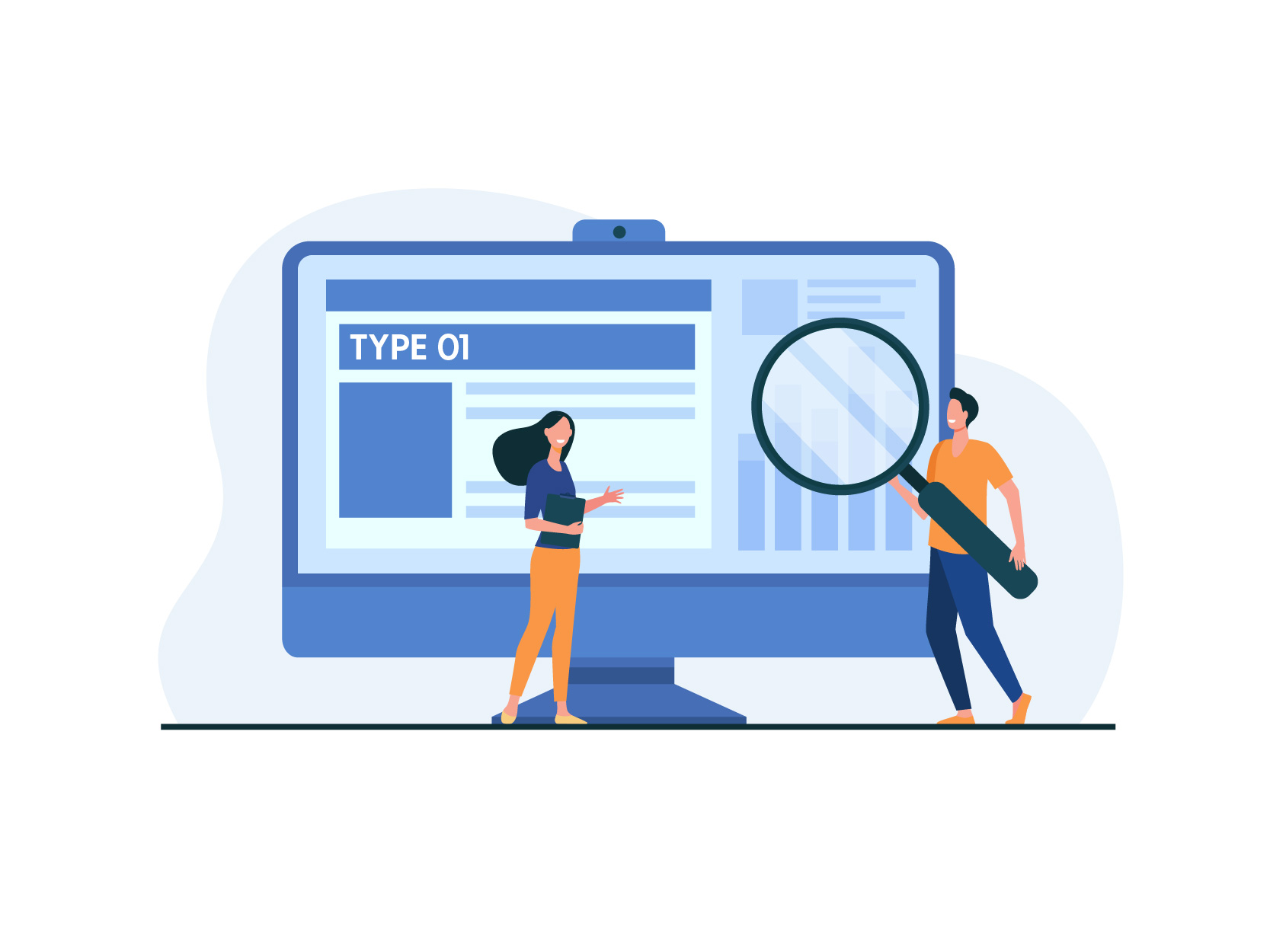
What do Gen Zs and millennials look for when job-hunting?
According to a study by Gallup, Gen Zs and millennials look for 4 things in their employers. One of these 4 key elements might just be the missing key to your staff retention strategies.
#1. The organisation cares about employees' wellbeing
The health pandemic brought employee well-being under the spotlight. If your staff aren't healthy — physically, mentally, emotionally, and financially — your organisation won't be healthy either.
To attract and retain employees, you need to ask yourself:
"What do our employees want from the workplace?"
Most companies have wellness programmes, but most focus on physical wellness. But it's not enough. What if your employees are physically healthy but suffering from anxiety that hurts their performance?
Employees with poor well-being actually cost more than you think.
It's time to take your wellness programmes up a few notches. Don't just focus on the physical. Career, social, financial, and community wellness are equally important in attracting talents. Each element builds on top of the other. If one crumbles, the rest also follow.
#2. The employer is ethical
Ethical incidents are undoubtedly detrimental to an organisation's health. This is not just about compliance or public relations issues. Employees want more than the legal minimum or meaningless statements. They expect big changes to address overlooked ethical issues. And they want to impact humanity and the environment through their work positively.
But there's a deeper issue that stings the heart of every team: trust.
Do your employees believe their colleagues are being honest and delivering quality work? Do they trust that the organisation's leaders will do the right thing?
If not, no amount of pep talks or blind faith can fix the issue. The only way to build trust is to be transparent and authentic in your actions. You need to show, not just tell.
#3. Open, transparent leaders
Millennials in their 30s may trust what corporations say, but they will also verify the information themselves. If you have a lot of millennials in your workplace, they may need more information, data, and third-party verification to feel comfortable with your leadership.
During the COVID-19 pandemic, corporate leaders have truly shone in this area.The CHROs from some of the world's biggest companies have said that more communication and town hall meetings are well-received.
#4. Support a diverse and inclusive workplace
Unlike prior generations, today's youth grew up in a far more ethnically diverse world. This generation expects to be respected, treated equitably, and included at work. Diversity, equity and inclusion (DEI) is not a "nice to have"; it's a core part of their identities.
One part of DEI in the workplace is individualised respect. Young people want to be acknowledged for their contributions, and they want to feel respected. Individualised respect affects employee performance. Disrespect breeds distrust, which destroys teamwork and communication. Respect and recognition matter from the top down, bottom up, and across the peers.
Bonus: Development opportunities and quality manager
Talent development was a luxury for older generations but not for Gen Zs and millennials. They expect to be coached and developed in their workplace.
Seven in ten millennials say they are more likely to value opportunities for career advancement and the chance to learn new skills.
Having a quality manager is also extremely important in a new job. Gen Zs and millennials want a manager who cares about them as a person and is passionate in their career growth.
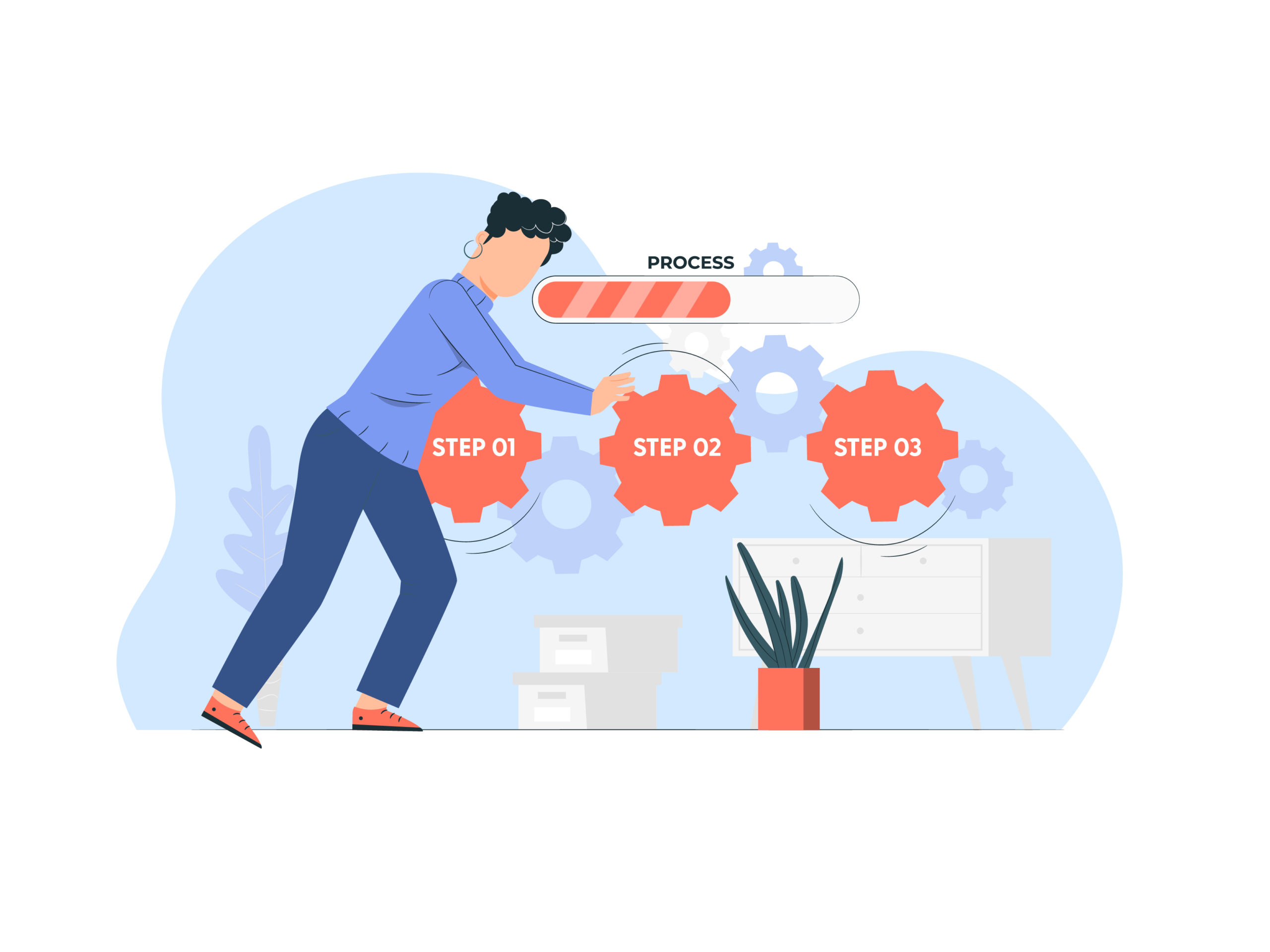
5 key tips to attract and retain Gen Zs and millennials at work
At this point, you've understood Gen Zs and millennials' top 3 concerns and 4 things they look for in a new job. Now, it's time to translate that knowledge into action. In this section, we'll walk you through 5 key tips that can help you attract and retain Gen Zs and millennials in your company.
Tip 1: A clear onboarding process
According to a TinyPulse survey, 23% of employees are more likely to stay if their managers clearly explain their roles and responsibilities right from the start. Employees who are left hanging to figure out their day-to-day tasks and questioning whether they're meeting your expectations could easily feel demotivated and experience multiple miscommunication issues with their managers.
What can you do?
Find out which employees didn't have a complete onboarding process and arrange one-to-one meetings with their managers to reset job roles, expectations, and outcomes.
Review and improve your existing onboarding process. Include clear job roles and responsibilities, expected outcomes, company culture, logistical guides, and expectations in your employee handbook.
Tip 2: A high-trust culture
Remember that an ethical employer is one of the most sought-after elements by Gen Zs and millennials? Well, ethics and trust run in tandem. To maintain good ethics, you need to build trust among your employees. Ethical behaviours and choices help build trust.
When you have an ethical and trusting culture, a high-trust culture in your company is a key factor in retaining millennials. In fact, millennials are 22x more likely to work and stay in a company with a high trust culture.
What is a high-trust culture?
It's a company environment where employees feel safe, not pressured into doing things they don't want to do, management is transparent, and they feel trusted to carry out their tasks.
What can you do?
Creating a high-trust culture is a time-consuming effort but rewarding when it comes to talent attraction and retention. You can refer to the 7 steps below as your guide:
- Define your company's purpose and connect people to it.
- Trust and empower employees to do their job.
- Give employees a voice.
- Showcase the customer.
- Make your workplace a community.
- Recognise employees' contributions.
- Make "giving back" part of your brand.
Tip 3: Managers who care
The saying "Employees leave bosses, not jobs" holds till today. At least 70% of employees voluntarily left their jobs because of their managers.
Conversely, employees are 5x more likely to stay when their managers acknowledge them for good work. And they're 8x more likely to stay when their managers help them manage their workload consistently, though many claim their managers failed to do so.
What can you do?
Train and encourage your managers to:
- Set a positive example and knows how to use their strengths to enable success in their teams
- Understand their direct reports well and find ways to support them so they can produce their best work
- Consistently communicate clear goals, expectations and feedback
Tip 4: Flexible and remote work
According to the Gartner 2021 Digital Worker Experience Survey, 43% of digital workers said that flexibility in working hours helped them achieve higher productivity, and 30% of them said that less or no time commuting enabled them to be more productive.
Remember the two of the top concerns among Gen Zs and millennials? Cost of living and mental health issues.
Being able to work flexibly means that employees can devote more time to health, wellness, family, and friends — which are the different pillars of wellness. As for working remotely, Gen Zs and millennials get to save time and money in commuting, which can help ease their cost of living concerns.
What can you do?
You can choose either remote- or hybrid-first policy. But the underlying foundation is being able to work flexibly — choosing where and when you want to work.
To help you in this journey, here are 5 strategies backed by science on how to engage remote employees.
Tip 5: Employee benefits that Gen Zs and millennials want
One big difference you need to know is that benefits do not equal perks. Perks include sleep capsules, snack rooms, free avocado toast, etc. They're all "nice to have" but if you don't have the core benefits, these perks won't be able to attract and retain your talents.
The core benefits that Gen Zs and millennials are looking for are:
- Health and wellness benefits. E.g., insurance, mental healthcare, gym membership.
- Financial and retirement. E.g., loan assistance, pension plan, bonuses, company stock options.
- Family & parenting. E.g., extended parental leave, daycare assistance, childcare leave
- Time off. E.g., sabbatical leave, more paid leave, sad days, volunteer time off
To know more about other core benefits that can help you attract and retain talents, read our Ultimate Guide to Employee Benefits article.
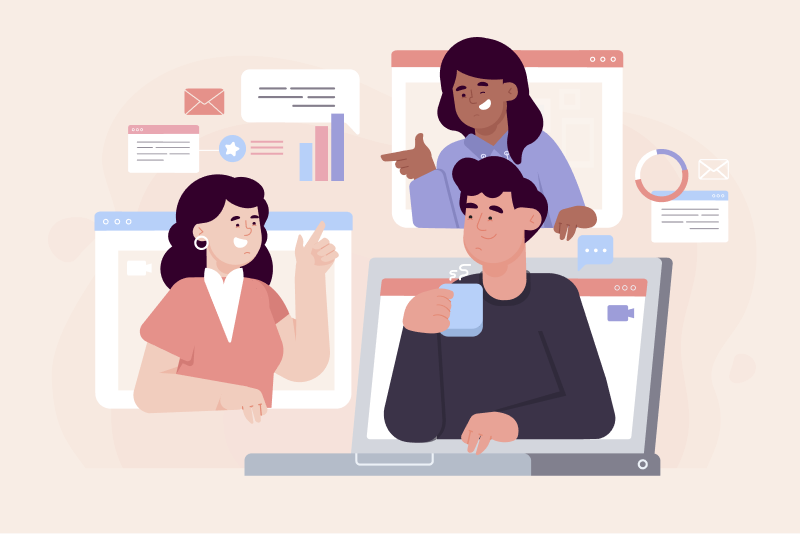
Final Words
The needs and wants of your employees will constantly be changing. What's important is that you, as their employer, can adapt to these changes and provide them with the support they need.
We hope that this guide has given you some valuable insights on how to attract and retain millennials and Gen Zs in your company.
If attracting and retaining talents is one of your goals this year, consider talking with our Benefits Specialist to get ideas on leveraging your existing benefits to support your business goals.
Share your contact details here and we'll be in touch!
Related articles:
About Mednefits:
Mednefits helps businesses take care of their employees with its automated, affordable, and accessible employee benefits platform.
Request to join Mednefits for free to help process and track claims in real-time, while controlling costs.

